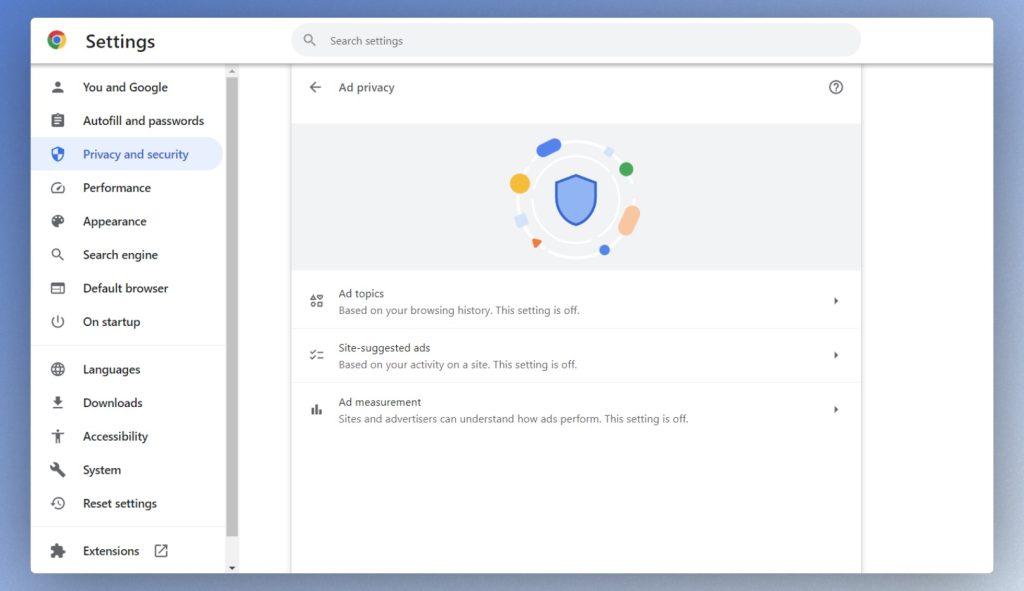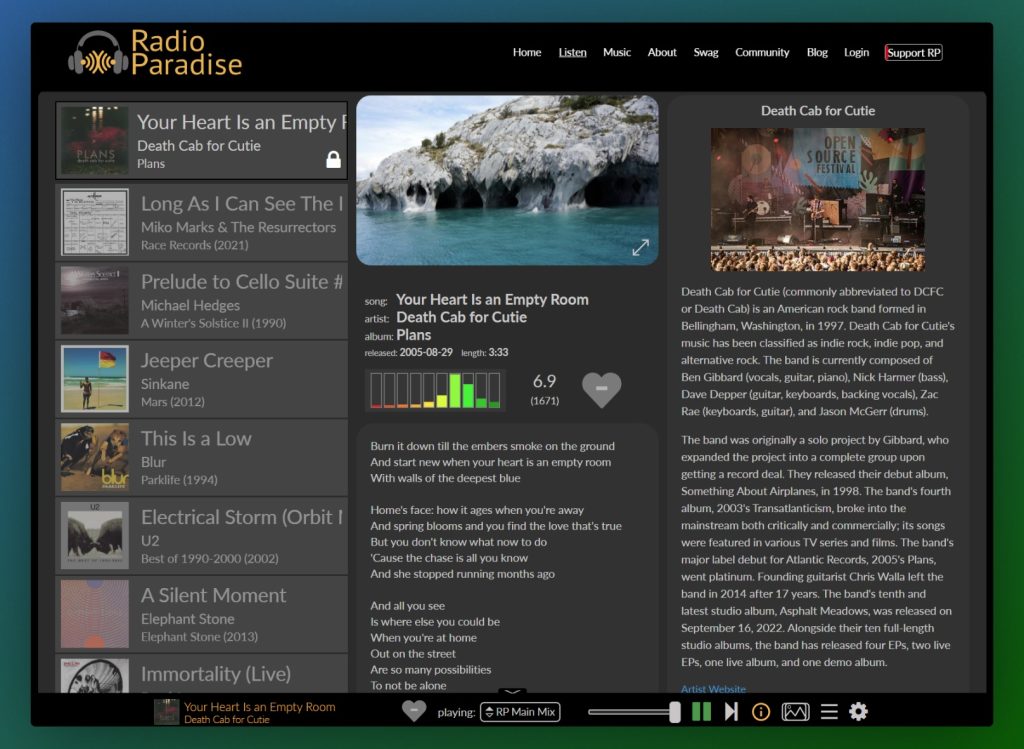10/3/2023: Stay private on social media

Social media privacy made easy
Plus: Raspberry Pi 5, offbeat streaming music options, and Amazon device deals

I’ve always tried to be good about managing my social media privacy settings, but Facebook managed to slip a big one by me.
By default, Facebook makes all your old profile pictures and cover photos publicly visible, so anyone who looks you up can see them. Although your current profile and cover photos are always public, Facebook offers no way to automatically hide previous ones, even if they date back to, say, one’s embarrassing post-college years.
I realized all this thanks to Privacy Party, a new browser extension that helps you navigate social media sites’ labyrinthine privacy menus. By scanning sites such as Facebook and LinkedIn, Privacy Party can flag potential issues and even make changes on your behalf.
Using Privacy Party does come with a few caveats—which I’ll explain shortly—but once you do, you’ll likely find it eye-opening.
Need to know
Raspberry Pi 5: A new version of the Raspberry Pi hackable mini-computer is arriving later this month, with a 2-3x speed boost over the four-year-old Pi 4. It also adds a built-in power button, a slot for ultra-slim M.2 storage drives, and HDR video support. The Pi 5 costs $60 with 4 GB of RAM, or $80 with 8 GB of RAM, and as before you must supply your own power cord, storage, mouse, keyboard, and monitor.
As before, the Pi is great for pursuing nerdy hobbies, but it’s increasingly being positioned as an everyday desktop PC, provided you don’t mind running Linux (or maybe Android) on it. I’ll reserve judgement on how the Pi 5 fares until I’ve had a chance to play with one.
Let’s round up some iPhone 15 complaints: Apple has acknowledged overheating issues in the iPhone 15, but says it’s a software bug that will be addressed without performance setbacks. The company also blamed some third-party apps for overloading the system—Instagram, Uber, and Asphalt 9 are notable culprits—and says it’s working on them on fixes.
Meanwhile, reviewers have complained of scratches, scuffs, and imprints on Apple’s FineWoven cases, which the company introduced as a replacement for leather. And here’s a warning from The Verge’s Dan Seifert about third-party iPhone 15 Pro cases: Some of them failed to anticipate the new Action Button and instead left cutouts for a non-existent mute switch, making the button harder to use. Consider yourself warned.
Photoshop on the web: Adobe has brought its web-based version of Photoshop out of beta after launching it nearly two years ago. It’s still more basic than the desktop version—and it still requires a Creative Cloud subscription—but it could be useful for quick access on computers where full Photoshop isn’t available. I continue to recommend Photopea as an excellent, web-based Photoshop alternative that you don’t have to pay for.
Tip of the moment

Turn off Chrome’s ad targeting: On the topic of managing privacy settings, Google recently rolled out a new way of targeting ads at Chrome users, dubbed the “Privacy Sandbox.” While it’s better at containing your browsing data than conventional cookie-based tracking, it still results in seeing ads based on your browsing history. The EFF just released a great explainer about it.
Here’s how to disable this form of ad targeting, along with other tracking methods in Chrome:
- Click the ⋮ button in Chrome’s top-right corner, then hit Settings.
- Head to “Privacy and security,” then click “Ad privacy.”
- You’ll see three sections: “Ad topics,” “Site suggested ads,” and “Ad measurement.” Click on each one and disable the toggles.
- Back out to the “Privacy and security” menu and click “third-party cookies.”
- Select “Block third-party cookies” in this menu.
To further step up the tracking protection, I still suggest extensions such as uBlock Origin or the EFF’s own Privacy Badger. Or, consider a different browser with better privacy protections built in. Firefox, DuckDuckGo, Brave, and Apple’s Safari are all fine options, and experimenting with a new browser is a great way to get out of your tech comfort zone.
Now try this

Offbeat streaming music options: I’m always happy to learn of unconventional streaming music services, and just found out about a couple of them:
- DI.FM streams round-the-clock electronic music for focus or relaxation. Recommended by Dwight Silverman via the Advisorator chat room. (Thanks, Dwight!)
- Radio Paradise offers four DJ-mixed channels, veering toward the eclectic. You can even stream in lossless FLAC by hitting the ⚙️in the player menu. It reminds me a bit of SomaFM. (Found via David Pierce’s Installer newsletter.)
Happy listening.
Around the web
- Meta is releasing another VR headset ahead of Apple’s Vision Pro.
- Amazon Prime Music now lets you play your own playlists on shuffle mode.
- Want a nice Chromebook? Look for the “Chromebook Plus” label.
- Here’s a clever use for the iPhone 15 Pro Action Button.
- Chris Hoffman writes about how Windows is losing its way.
- Microsoft stops offering free upgrades from Windows 7 or 8 to newer versions.
Spend wisely

Although Amazon’s October sale event doesn’t start until next week, it’s already slashed prices on a bunch of its own gadgets. Most notably, you can bundle a fifth-gen Echo Dot speaker and TP-Link Kasa smart plug for $25. (I bought the pair to further extend my Eero Wi-Fi setup, and I’m always happy to have more smart plugs to play with.)
Other Amazon device deals include the full-sized fourth-gen Echo for $55, the higher-quality Echo Studio for $155, the new Echo Show 5 smart display for $40, an Eero Pro 6 three-pack for $240, and a bunch of Blink cameras for cheap. See Amazon’s full deal list here.
Thanks for reading!
Got tech questions for me? Send me an email to get in touch.
Until next week,
Jared
